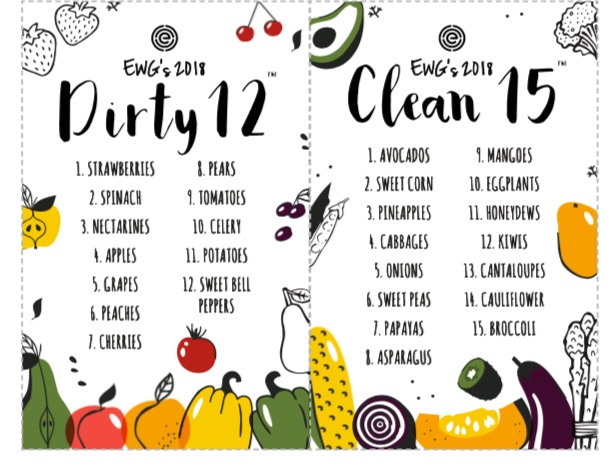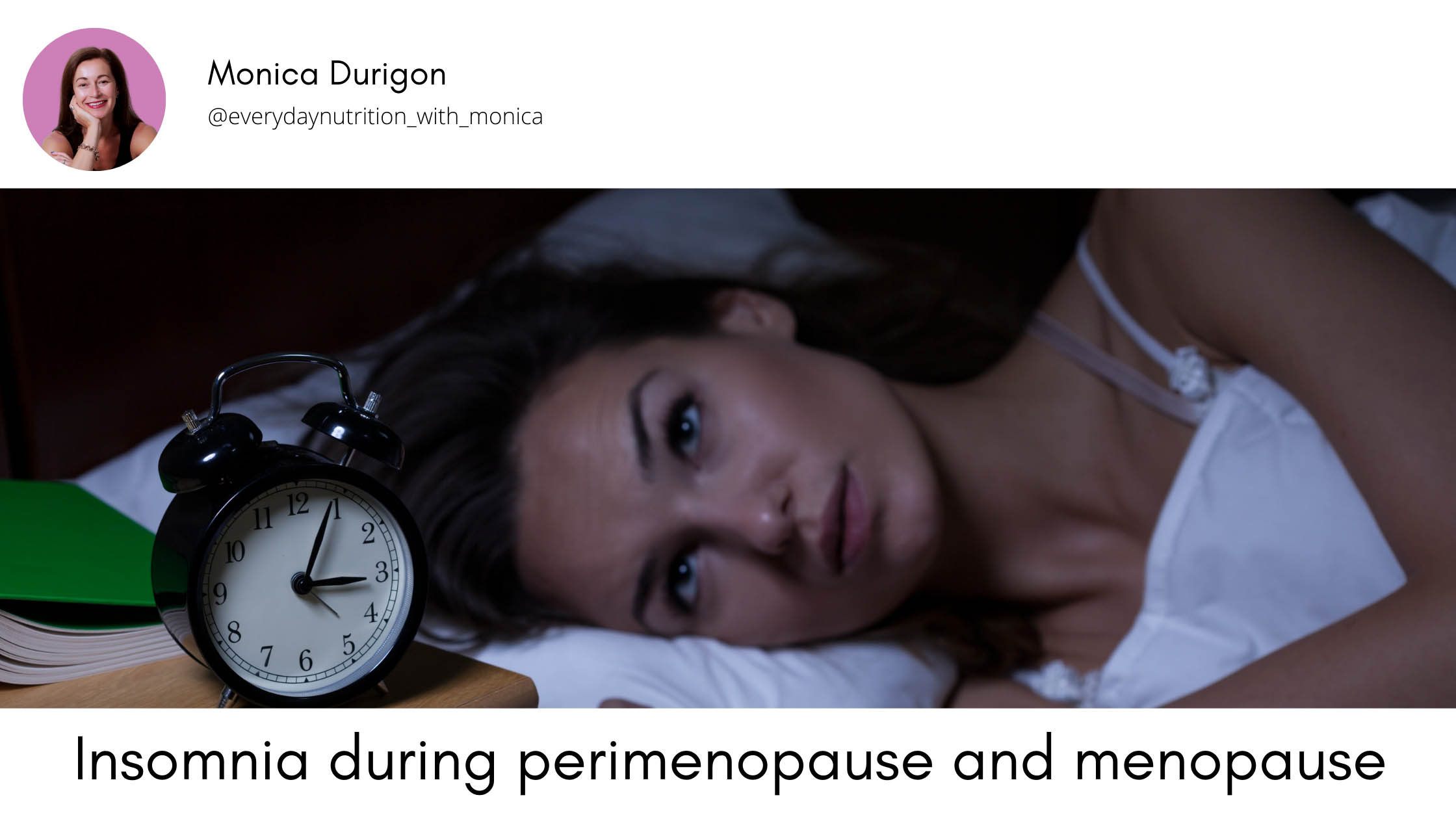Hormones… we all talk about them (and, most of the time, not in a nice way) … they rule our lives influencing the way we feel, our energy, our moods, our focus and the way we look!
But, do you really understand what they are and why they are so central to your wellbeing?
And, most importantly, do you know how to keep them balanced and happy?
What are hormones?
Hormones are chemical messengers produced by different glands, tissues, and organs in our body. They communicate to the cells the activities which are to be performed in order to execute all physiological processes… They travel to different cells and instruct them on how to behave.
Two major systems in the body are responsible for the secretions of hormones, the nervous system which secretes neurotransmitters and the endocrine system.
The hormones travel by blood to distant or local target tissues and lock on to the cells’ receptors. Each cell in the body has, on its membrane, several protruding “arms” (receptors) which are designed to grab their own unique messenger.
Once the arm has grasped its messenger, it releases it inside the cell where it instructs the DNA in the cell nucleus to produce certain types of proteins or initiates other activities necessary for life.
Where do they come from?
The main endocrine glands and tissues are:
The hypothalamus aka the master controller (in the brain)
The pituitary gland (in the brain)
The pineal gland (in the brain)
The thyroid gland
The parathyroid gland
The Adrenals
The testes and ovaries
The pancreas
The following tissues also secrete hormones:
Stomach and intestine
Thymus
Kidneys
Heart
and …
most interestingly …and surprisingly for many …the adipose cells (the fat cells)!
In fact, the adipose tissue should also be considered an endocrine organ as it secretes numerous and various type of hormones which have an effect on hunger, insulin resistance, cardiovascular health …
This explains why people who are overweight and especially people carrying extra weight around the middle, do suffer from more pronounced hormonal imbalances and consequent symptoms.
How are they regulated?
The control of hormone secretions is a very complex and sophisticated operation which is regulated by the nervous system and chemical changes in the blood through a feedback loop, which can be negative or positive.
Negative feedback is the most common. This means that when there is enough of a certain hormone in circulation, the brain releases a message (through the hypothalamus and the pituitary) to stop/decrease the secretions of that particular hormone. For example, the pituitary gland in the brain instructs the testis to produce testosterone through the release of the luteinizing hormone (LH). Testosterone, in turn, once in circulation in the bloodstream, feeds back to the brain which will then inhibits/lower the secretion of LH.
An example of positive feedback is the oxytocin feedback loop. Oxytocin, aka the love hormones, is secreted at the onset of labor. Once the cervix is stretched by the head of the baby pushing against it, the nerve cells in the cervix stimulates the brain which instructs the pituitary gland to release more oxytocin which produces more forceful contraction of the uterus. This positive loop is only broken once the baby is born and the stretching of the cervix is stopped.
What are the causes of an hormonal imbalance?
If the feedback loop is altered and not working properly, this will cause hormonal imbalances which can lead to disease in the body. However, hormones imbalances also happen when there is an overproduction or underproduction of hormones due to one or more environmental factors such as malnutrition, toxicity, elevated chronic or acute stress, and it can be due to age-related changes.
If one hormone is over or under secreted this will affect the secretions of other hormones as their balance depends on each other …like a finely tuned orchestra which plays beautifully when all its players are in tune but when one of its players is not, …the whole musical piece will be ruined!
One of the major contributing factors to this hormonal symphony is nutrition. Hormones are after all chemical messengers and their chemistry can be impacted positively or negatively by our dietary choices in different ways:
1) A poor diet, which relies on refined foods, ready cooked meals, takeaways, industrially baked goods, and refined sugars can lead to malnutrition due to the lack of nutrients (vitamins, minerals, and phytochemicals) in those type of foods. This will lead to insufficiency of raw materials needed to build the hormones and to maintain the health of the secreting cells.
2) Poor food choices can also overload the system with toxic ingredients such as preservatives, fillers, E numbers, colorants, flavorings, thickeners, gums, and stabilizers. Furthermore, plant food which is not organically grown can also contain pesticides and artificial fertilizers. Industrial animal farming produces meat which might contain growth hormones and antibiotics.
The plastic packaging of food products contains molecules which are lipophilic which means they have the capacity to be absorbed into fat tissue and therefore transfer easily into the fat content of that food product.
All of this toxicity can lead to a harmful effect on our body and some of these toxins are also known as xenoestrogens, molecules which mimic the action of the estrogen that our body produces. These molecules are a potent modifier of estrogen metabolism and can lead and contribute to serious imbalances due to estrogen dominance. Examples of this imbalances are PMS, fibroids, PCOS, endometriosis, ovarian cysts and estrogen-related cancers.

3) A diet high in simple carbohydrates and starchy foods can lead to blood sugar imbalances which will stimulate high secretions of insulin. Insulin is the key hormones in regulating the amount of sugar in our bloodstream ( see my previous blog on blood sugar balance https://everydaynutrition.co.uk/energy-weighloss-balanced-moods-vitality-blood-glucose-gl-values/ ) and plays a central role in the regulation of many other hormones such as sex hormone binding globulin, testosterone, and glucagon to name a few.
If insulin is chronically secreted in high amounts it will cause insulin resistance. A pre-condition to diabetes type 2 where the cells receptors are no longer responding to the action of insulin and therefore are not efficiently transporting the glucose into the cell leading to dangerously high amounts of sugar in the blood and stimulating more and more insulin release from the pancreas.
What can you do to prevent or address an hormonal imbalance?
As you see, the picture is beautifully sophisticated and our hormonal balance depends on so many pieces and like a puzzle, you can only see and enjoy the whole picture once all the pieces are in their place.
Nutrition, as I said, is an essential piece, but so is sleep, addressing stress, supporting the liver…
So … Where to start? First and foremost:
1) Eat real food!
Avoid as much as you can anything that is pre-packaged …anything that has a label is not a food! The majority of your diet should be based on natural, unadulterated organic ingredients which are nutrition dense and do not contains toxic molecules! Whenever you can choose organically grown certified food or at least follow the “Dirty Dozen, clean fifteen” list

2) Become carbs savvy!
You must learn how to balance your blood sugar levels and insulin secretions. Learn about the low glycaemic load ( low GL) eating style ( see my previous blog on this) . This is a major requirement for any hormonal balance.
As I previously explained the amount of insulin secreted is directedly and indirectly connected to the secretions and balance of many other hormones and it is also responsible for so many other health issues (cardiovascular disease, insulin resistance, diabetes type 2, chronic inflammation, fat deposition, brain health …). The research is vast and clear on the negative effects that a diet high in carbohydrates has on our health.
3) Increase the nutrients density of your meals!
To increase the nutrients of your meals, add spices and herbs as these are high in phytonutrients with beneficial anti-oxidants and anti-inflammatory properties.
Some herbs and spices are also known adaptogens, some can be used in cooking or can be added in supplements form to your diet and support the adrenals glands and the hormones secreted for the stress response, cortisol, adrenalin, and noradrenaline (Rhodiola, Ashwagandha, Holy basil, Maca, Shisandra, Bacopa, Ginseng, Gotu Kola, Astralagus).
Other spices such as cinnamon are known to help to regulate blood sugar balance and reduce sugar cravings. Some herbs are specific to regulating the sex hormones production and cycle during particular periods of a woman life (sage, red clover, Dong Quai, vitex, black cohosh, and many others)
N.B. If you are interested in using botanical as a supplement, always ask the advice of a qualified herbalist or nutritional therapist )
4) Look after your liver!
The hormones produced in our body and the hormones we acquire exogenously ( from the environment ) will be metabolized ( transformed ) in the liver into different molecules and depending on this conversion they become more or less protective for our health. In the liver they also get packed up to be safely excreted once they have performed the actions they were meant to.
If your liver is sluggish because it is dealing with a lot of toxicity ( think about the quality of foods, alcohol, medications, stress, pollution from the environment …) or lacking in the nutrients needed to perform at its best …the metabolization of hormones might not be optimal. Read this blog on the signs to look out to understand if your liver might need some extra love and tender care.
5) Look after your gut!
Regular bowel movements, balanced flora, great digestion and absorption of nutrients …these are all functions necessary for hormonal balance.
Once metabolized in the liver the hormones will be transported via the bile to the gallbladder first and then excreted into the feces. The other main organs for hormones metabolization are the kidneys and the hormones metabolized will be excreted through the urine.
Your microbiota (the collection of bacteria in your gut) is also playing an important role in the hormonal balance as they impact the production and effects of some hormones, influence the excretion or re-absorption of hormones metabolites, play a role in inflammation and bowel regularity …just to name few of the mechanisms which will directly affect hormonal balance.
Your gut is also the place where the digestion of absorption of nutrients happen (especially the first part of it, the small intestine) …if its health is compromised, every other system and cells in the body will suffer from decreased nutrients availability missing the optimal amounts of raw materials necessary to perform their function properly.

If the above sounds daunting…just stick to step 1 and 2 as applying those changes will have a beneficial downstream effect on the health of your liver and gut.
Because this is such a central point to our health, I will be writing in more details on liver and gut support and I am very excited to be offering some practical, hands on help with cooking and learning experiences where you can learn how to put the theory into practice!
Cook, lunch and learn, in collaboration with the wonderful chefs from “The Velvet Kitchen”, is a series of workshops which will take place in Windsor. Check my event page to find out the details.
Finally, I just want to assure you that keeping balance, although it might seem challenging, is absolutely possible even through the different life phases that we go through. It is up to us to make sure that we keep our body as efficient as possible by influencing the factors which are in our control: diet, stress, or rather how we perceive stress, sleep, toxicity, and connection…oh yes…. our relationships with others, family, friends, community …play a huge influence, not only on our emotional and mental health but also on our physical health…but this definitely a topic for another blog.
Wishing you the best health and vitality

[/fusion_text][/fusion_builder_column][/fusion_builder_row][/fusion_builder_container]





0 Comments